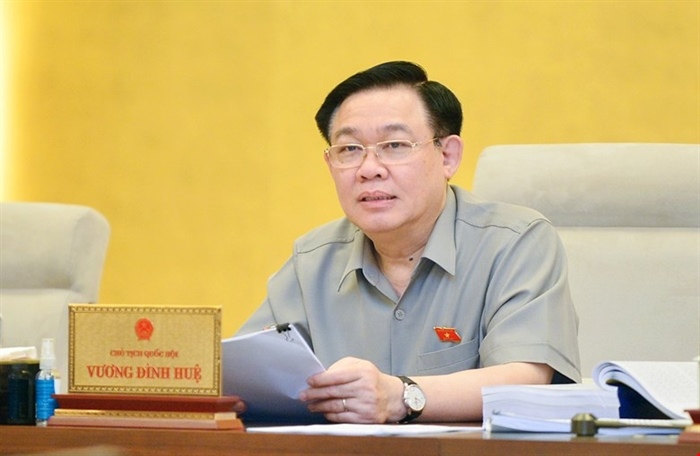
National Assembly Chairman Vuong Dinh Hue speaks at the discussion session
National Assembly Chairman Vuong Dinh Hue emphasized: "Hanoi is not only competing domestically but also globally , striving to develop on par with the capitals of developed countries in the region, and by 2045, Hanoi will be a globally connected city."
In addition, the National Assembly Chairman said that Hanoi is a special urban area, in addition to its function as a capital, it is also a special urban area. Therefore, the Capital Law project needs to continue to review the regulations related to special urban management to institutionalize the role, functions, tasks and powers of the Capital.
The National Assembly Chairman agreed that this is essentially a law on decentralization and delegation of power, and decentralization and delegation of power must be comprehensive in all areas. In addition, decentralization and delegation of power must be comprehensive but must be focused and key.
The capital has a separate Resolution on cultural industry. The National Assembly Chairman suggested reviewing the resolution on the capital's cultural industry so that it can be legalized in the Capital Law to create conditions for the capital's cultural industry to develop; research to give Hanoi the authority and regulations that are different from other places in handling violations of fire prevention and fighting; regarding capital mobilization policies, in addition to the prescribed norms, it is necessary to have a mechanism to mobilize capital sources to meet the urgent needs of the city...
Previously, during the preliminary review of the draft Law on the Capital (amended), Chairman of the Law Committee Hoang Thanh Tung said that the Standing Committee of the Law Committee and the agencies participating in the review all agreed with the necessity of promulgating the Law on the Capital (amended) in order to promptly institutionalize the viewpoints and orientations for the development of the capital Hanoi set out in the resolutions of the Politburo, create a breakthrough mechanism, mobilize all resources, effectively exploit the potentials and strengths of the capital, and help the capital continue to develop rapidly and sustainably.
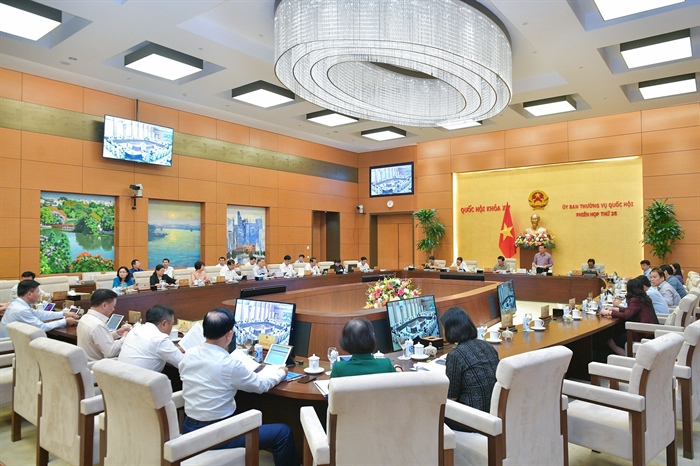
26th Session of the National Assembly Standing Committee
At the same time, it is assessed that the draft Law on the Capital (amended) was prepared by the Government very carefully, seriously, and with high quality, including all documents as prescribed in Clause 1, Article 64 of the Law on Promulgation of Legal Documents, and is qualified to be submitted to the National Assembly Standing Committee for consideration and comments before submitting to the National Assembly.
Chairman of the Law Committee Hoang Thanh Tung emphasized that the draft Law on the Capital (amended) has relatively fully and comprehensively reflected the 9 groups of policies that the Government submitted to the National Assembly when making the proposal to build the Law; the draft Law has many breakthrough and specific contents, many contents showing inheritance, supplementation and development compared to the current Law on the Capital, which through practical summary, can be seen to continue to promote its value.
It is known that the draft Law on the Capital (amended) is structured into 7 chapters and 59 articles (an increase of 3 chapters and 32 articles compared to the 2012 Law on the Capital, of which 3 articles are kept the same; 18 articles are amended and supplemented; and 38 articles are newly stipulated).
In which, the policy group on cultural development, education and social security, the draft Law clearly states: With the goal of building Hanoi into a true center of convergence, crystallization of the culture of the whole country, creating a civilized and elegant cultural environment, representing the national cultural identity and thousand-year-old tradition of civilization, becoming a high-quality educational center on par with the region and the world, the draft Law stipulates mechanisms for cultural and educational development, including some of the following outstanding mechanisms: Building a Cultural Industry Center in 6 fields (cinema, performing arts, fine arts, photography, exhibitions, cultural tourism); Allowing public general education institutions of the capital to cooperate in education with foreign educational institutions; decentralizing the authority to the Hanoi People's Council to prescribe financial mechanisms applicable to high-quality public educational institutions, many levels of education...
TUNG QUANG; photo: NATIONAL ASSEMBLY
Source



![[Photo] Prime Minister Pham Minh Chinh chairs meeting on draft Resolution of National Assembly on International Financial Center in Vietnam](https://vphoto.vietnam.vn/thumb/1200x675/vietnam/resource/IMAGE/2025/5/22/d398664ff1a140629169ea5a24e1b4d0)
![[Photo] Press delegation meeting to visit Truong Sa and DK1 Platform](https://vphoto.vietnam.vn/thumb/1200x675/vietnam/resource/IMAGE/2025/5/22/6b8d232877ec421a9e8187d83b9f8006)
![[Photo] General Secretary To Lam chairs a working session with the Central Internal Affairs Commission](https://vphoto.vietnam.vn/thumb/1200x675/vietnam/resource/IMAGE/2025/5/22/3b7790f499da45b2803d8ae253207ef1)
![[Photo] T&T 1 and Ho Chi Minh City 1 People's Police Teams won the men's and women's team championships](https://vphoto.vietnam.vn/thumb/1200x675/vietnam/resource/IMAGE/2025/5/22/39db06ae67cb4001b7a556e8d9a56d07)

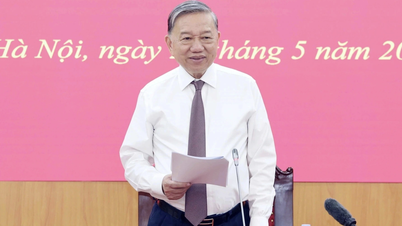

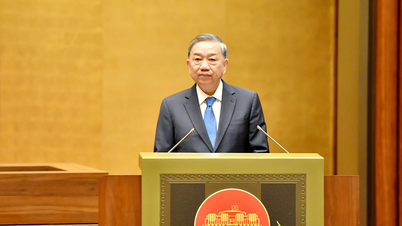



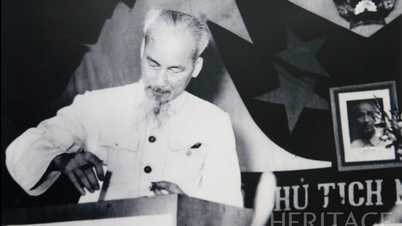
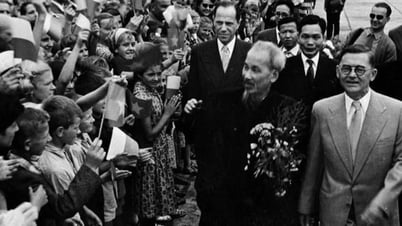

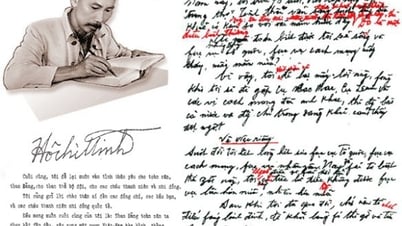




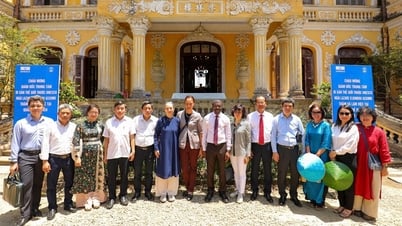
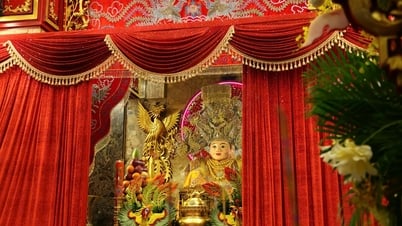
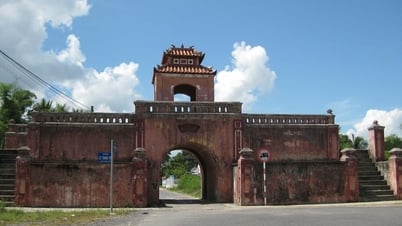
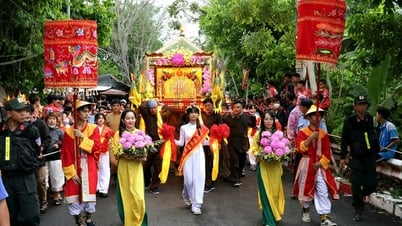
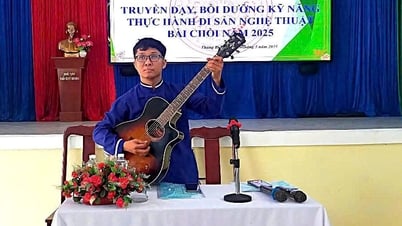
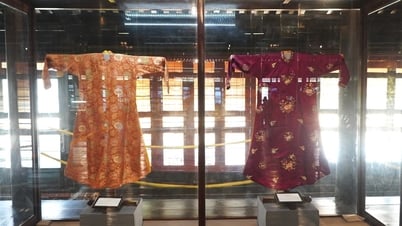






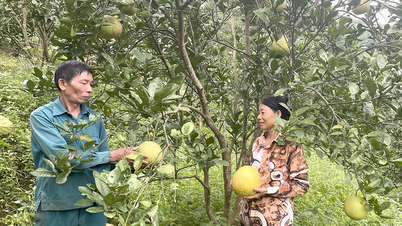

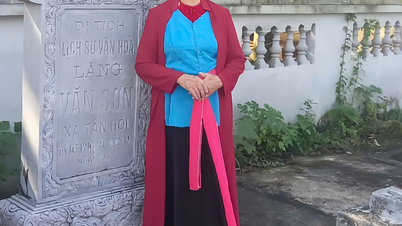












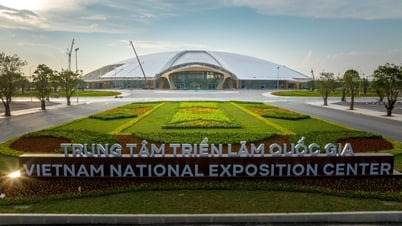

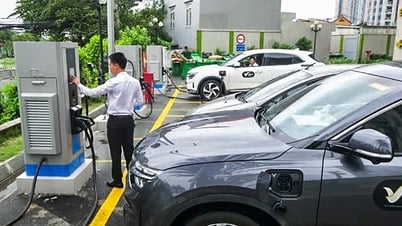
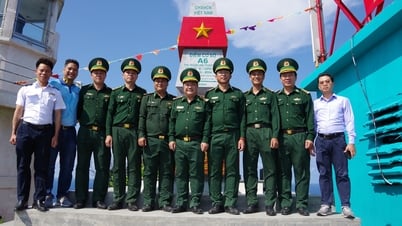
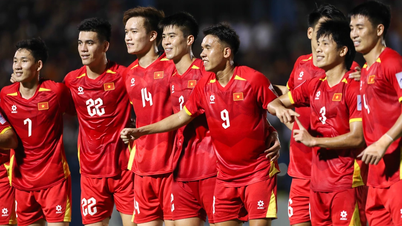

![[Infographic] Investment project to build Tu Lien bridge and roads at both ends of the bridge](https://vphoto.vietnam.vn/thumb/402x226/vietnam/resource/IMAGE/2025/5/23/3c167ece69cb4aecb3e55de5ebc38b88)
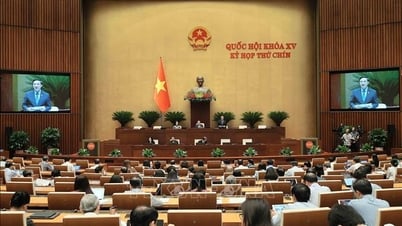
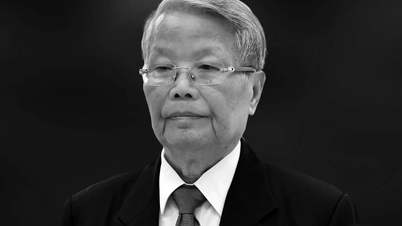
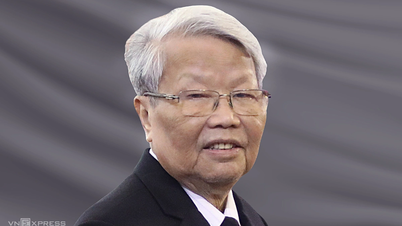
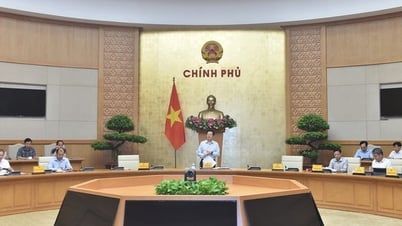

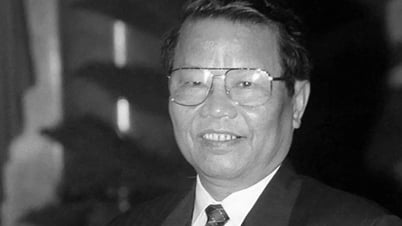
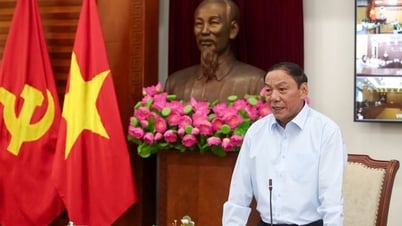
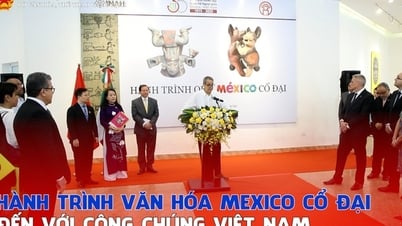


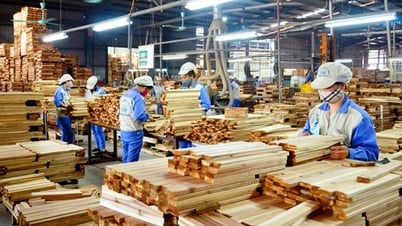


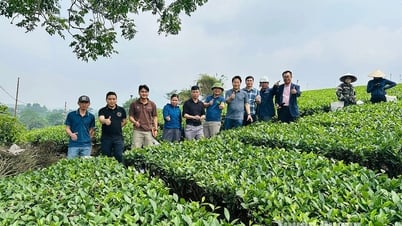



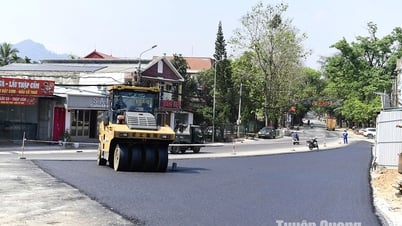
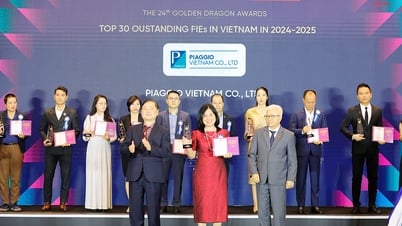






![[Podcast] Week introducing more than 500 OCOP products in Hanoi](https://vphoto.vietnam.vn/thumb/402x226/vietnam/resource/IMAGE/2025/5/22/d144aac2416744718388dbae3260e7fd)





Comment (0)